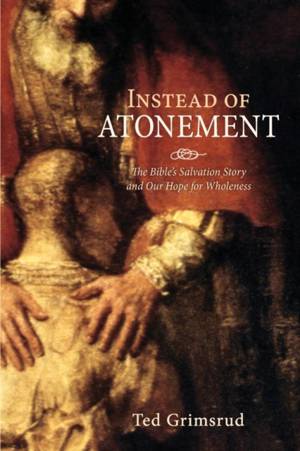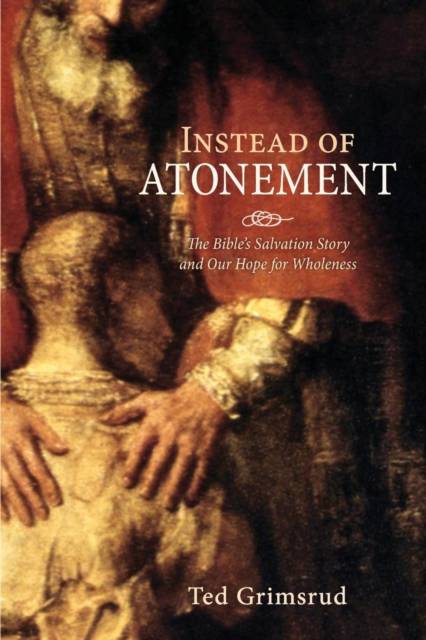
- Afhalen na 1 uur in een winkel met voorraad
- Gratis thuislevering in België vanaf € 30
- Ruim aanbod met 7 miljoen producten
- Afhalen na 1 uur in een winkel met voorraad
- Gratis thuislevering in België vanaf € 30
- Ruim aanbod met 7 miljoen producten
Zoeken
Omschrijving
Do atonement theologies that focus on Jesus' death underwrite human violence? If so, we do well to rethink beliefs that this death is necessary to bring salvation. Focusing on the Bible's salvation story, Instead of Atonement argues for a logic of mercy to replace Christianity's traditional logic of retribution. The book traces the Bible's main salvation story through God's liberating acts, the testimony of the prophets, and Jesus's life and teaching. It then takes a closer look at Jesus's death and argues that his death gains its meaning when it exposes violence in the cultural, religious, and political Powers. God's raising of Jesus completes the story and vindicates Jesus's life and teaching. The book also examines the understandings of salvation in Romans and Revelation that reinforce the message that salvation is a gift of God and that Jesus's "work" has to do with his faithful life, his resistance to the Powers, and God's vindication of him through resurrection. The book concludes that the "Bible's salvation story" provides a different way, instead of atonement, to understand salvation. In turn, this biblical understanding gives us today theological resources for a mercy-oriented approach to responding to wrongdoing, one that follows God's own model.
Specificaties
Betrokkenen
- Auteur(s):
- Uitgeverij:
Inhoud
- Aantal bladzijden:
- 280
- Taal:
- Engels
Eigenschappen
- Productcode (EAN):
- 9781620325025
- Verschijningsdatum:
- 13/03/2013
- Uitvoering:
- Paperback
- Formaat:
- Trade paperback (VS)
- Afmetingen:
- 152 mm x 226 mm
- Gewicht:
- 385 g

Alleen bij Standaard Boekhandel
+ 97 punten op je klantenkaart van Standaard Boekhandel
Beoordelingen
We publiceren alleen reviews die voldoen aan de voorwaarden voor reviews. Bekijk onze voorwaarden voor reviews.











